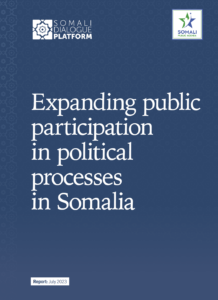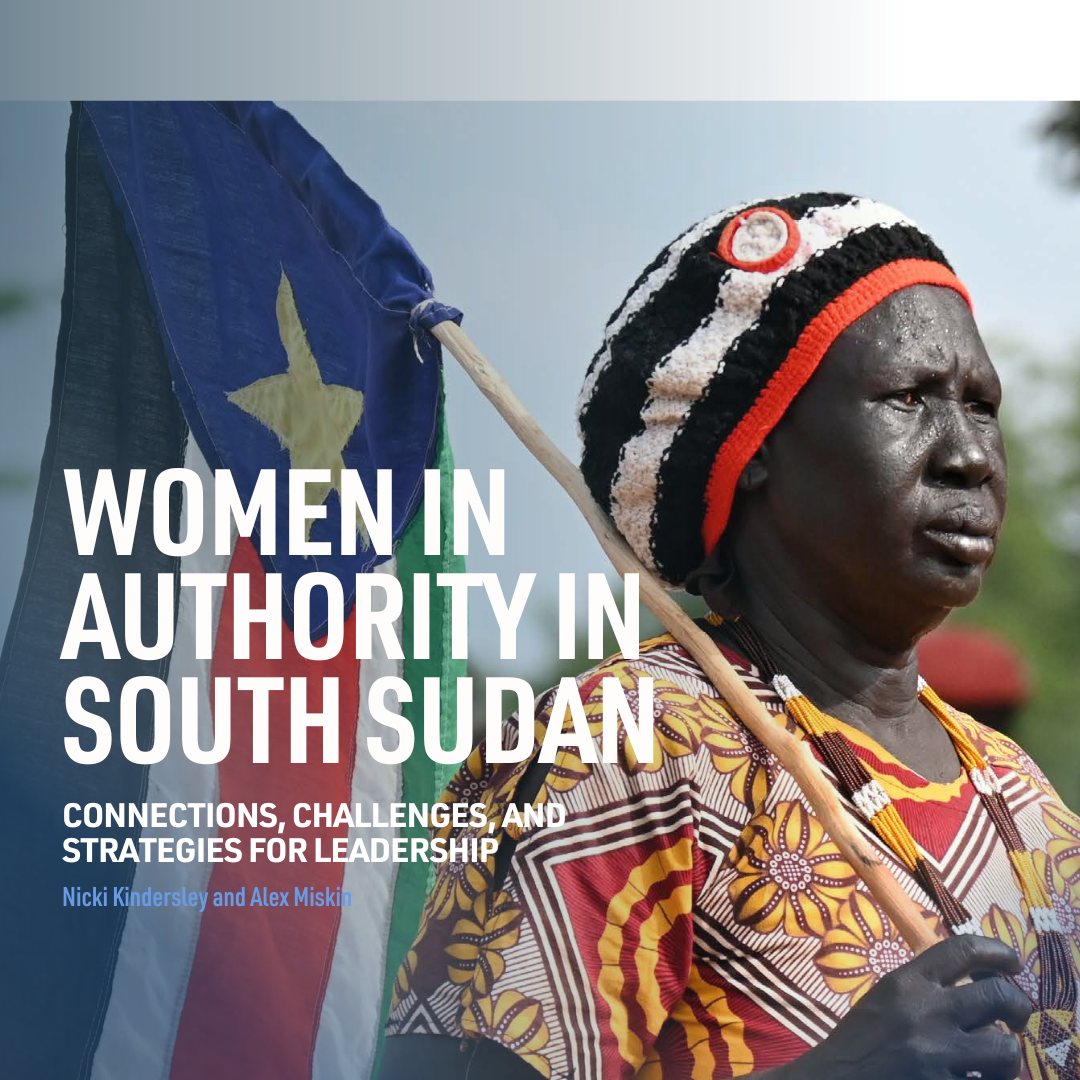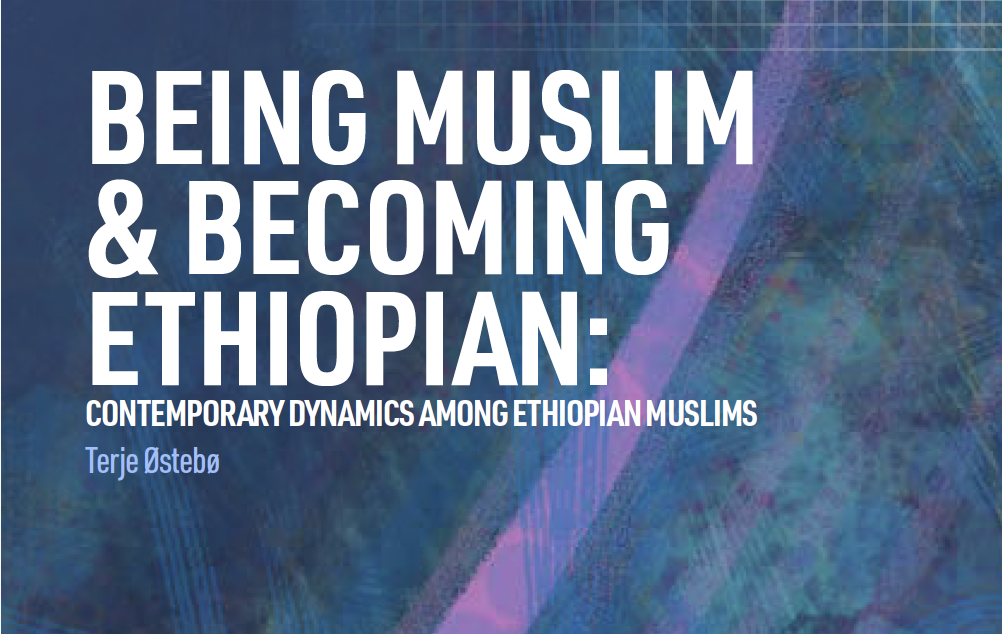Summary
In recent history, political processes in Somalia have been dominated by a narrow set of political and business elites, armed actors and external players. Following the collapse of the government in 1991, there were a series of conferences in the 1990s that engaged primarily with political elites and armed actors. All of these conferences failed. The Somalia National Peace Conference (SNPC) in Djibouti in 2000, which included civil society actors, intellectuals, clan leaders and other representatives of Somali society, and excluded representatives of armed factions, appeared to be an exception of this trend. Arguably, this allowed the Djibouti conference to establish the first transitional government after civil war and agree core tenets of the Somali political dispensation that have lasted to this day; for example, the 4.5 system.
Since then, political processes have reverted to a similar format. They are dominated by a small group of powerful elites and externally driven. This is mostly the case for the various processes leading to the end of the transition in 2012, despite some efforts to bring in a wider group of actors, as well as the processes established to agree election models from 2012–2022. The most recent of these—the National Consultative Council (NCC)—is termed ‘the seven men’, highlighting the abiding perception that such political processes remain dominated by a narrow circle (of men). The process of forming the Federal Member States (FMS) often followed a similar pattern, although the consultative process that marked the formation of Puntland state is somewhat of an outlier, and arguably undergirds the greater stability of the state.
Based on a range of interviews and focus group discussions, this reports identifies a number of persistent factors that have inhibited the ability of the wider Somali public to meaningfully engage in such political processes. These factors include (but are not limited to): top–down approaches to peace processes led by external actors; insecurity inhibiting public confidence in engaging in political processes; the exclusionary aspects of the 4.5 system; a closed political space dominated by a wealthy political class; the lack of a multi-party system and universal suffrage; a lack of civil society capacity and low levels of civic education; and a distrust on the side of the public vis-à-vis government and state-building processes.
There are also areas where there appear to be increasing avenues for citizens to engage political leaders and influence political decision-making. These include: the growing use of social media as an open forum for discussion of contentious political topics; several examples of public outcry and demonstration leading to a clear policy change on the part of the government; moments of interaction between citizens and political leaders around elections; the use of public consultation by political leaders as leverage in political negotiations; and the organic process of clan consultation that occurs around political processes.
This briefing is a product of the Somali Dialogue Platform in collaboration with the Somali Public Agenda. The Somali Dialogue Platform is a programme which supports Somalis to achieve consensus on contentious political issues and is implemented by the Rift Valley Institute. The Somali Dialogue Platform is funded by the UK Foreign, Commonwealth and Development Office (FCDO), the Ministry of Foreign Affairs of Denmark, and the United States Agency for International Development (USAID).




